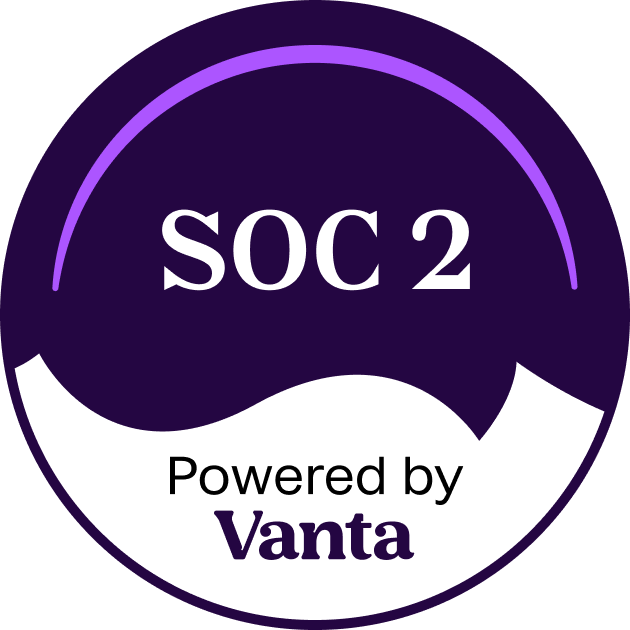How Long Does it Take to End an Addiction?
How Long Does it Take to End an Addiction?
When I was treating patients as an addiction therapist, a question I often got from individuals and also their families was “so when are they going to be better?” It made me think of my own experience as a patient and how similar my thought process was.
When I think about it, the questions were actually the same. I wanted to be done with treatment as soon as I got there. One of the most interesting psychoeducation groups that I got to attend was one about the neuroscience of addiction. It went in depth (to the point that all of us sitting in rehab could understand) about what happens to the circuitry of our brain when drugs and alcohol are introduced.
“Your brains have changed” was the declaration that the attending addiction physician and psychiatrist told us. You can imagine that a few of us in the “crowd” were not too thrilled to hear this information. What they told us, and what I have learned to be true as a clinician myself, is that the “rewiring” of the hedonic set point (the reward system in the brain) when it comes to addiction can take up to 2 years. All I digested at this moment was “it will take you forever to be normal again.”
How the brain works when drugs/alcohol are introduced:
All of us are wired for survival. From the days of early humans to us now, we are essentially designed to survive and seek out things that help us to do so; think “fight or flight.” Everyone always hears that humans need food, sex, shelter and nurture in order to have a chance of survival. For the addict brain, a slight change occurs when drugs and/or alcohol have been introduced on a continuous and abusive basis. Those survival items take a back seat to a new one: substance seeking. Drugs/alcohol now sit atop the food chain of your brain and what we can determine is that our brains have been tricked into thinking that in order to survive, we must have that substance before anything else.
How can I get my brain back to the way it was before substances?
This was a question that I was dying to have answered. I really was worried that my brain would be stuck like this forever, that I would constantly have to be dealing with triggers and that just the sight of alcohol would make me freeze up. What people far smarter than I have determined through the use of fMRI’s (functional magnetic resonance imaging) is that it takes the brain about 18-24 months to “return to homeostasis.” Meaning, that at the 1.5 -2 year mark of sobriety, your brain will begin to have returned to the point where neural activity is representative of someone who no longer is “seeking substances.” So what was I supposed to do? Just wait around for everything to change? Wait until I feel “normal” again?
The first thing that I needed to realize was that I am normal - there was nothing abnormal about me. The next step for me was the recognition that I could not just sit around and wait for things to happen.
Part of that rewiring needed to include action. I needed to treat my brain like any other muscle in the body and exercise it.
Finding a rhythm to recovery
Just like physical therapy for an injury, I needed to engage in physical therapy for my sobriety. For me, I like to think of it as a new rhythm, a new routine. I frame it in this way because for me, I knew that this was going to be a lifetime gig and I needed something that was going to be sustainable; something that could be maintained.
Finding this new rhythm required me to get very honest with myself about what was going to work and what I really needed to do. Attending therapy, getting
randomly drug tested during the week, exercising,
going to meetings and engaging in step work and growing
sober supports
were all a part of this new rhythm. The best way I can describe my mindset is this: if I go to the gym 7 days a week but all I do when I get there is just walk around and ignore all of the equipment, not very much is going to happen in the way of getting in shape. It is only until I engage with the equipment that things start to happen. Recovery is just like that - until I engage with the material and have substance to my program of recovery, I can’t expect much to happen. They say that diamonds are created by time and pressure. I think the same goes with recovery - sustainable, strong recovery occurs with time and action.
Do I consider my brain “rewired”
To be perfectly honest, there are days that I do and moments that I don’t. Oddly enough, I am immensely grateful that it is this way. I think that if my brain were to have completely and utterly changed, maybe I wouldn’t see drugs and alcohol the way that I do and I would stray away from the things that have kept me and continue to keep me sober. The “rewiring” that has occurred has come in the form of a perspective shift. I recognize now that drugs and alcohol did nothing but deteriorate my life. They didn’t add anything nor did they truly help me in any type of healthy or sustainable way.
The best example I can give is this: this past weekend I went to a bachelor party for one of my oldest friends. It was a great weekend and awesome to be with everyone. We went to a Cubs game on our first day and one of my friends very honestly asked me “so drinking is not something that even enters your mind now?” My response to him was that sure, it absolutely has entered my mind. I would be lying if I said having a few beers on a sunny day at a baseball game didn’t sound awesome. Here is the perspective shift - I know that I wouldn't stop there. My “rewiring” has come in the form of recognizing that for me, drinking and using just simply is not worth the hassle and that my life sober is far better suited for me and those around me.




hello@youareaccountable.com
(646) 450-7641

